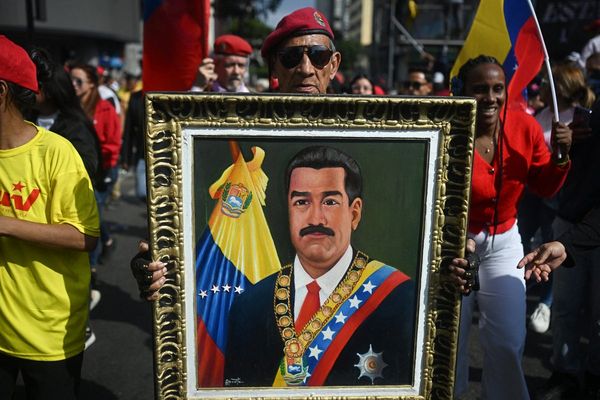
Collins Dictionary has named “vibe coding” as this year’s word of the year.
It was one of 10 words on the dictionary’s shortlist that capture the mood, language and thoughts of 2025. Terms like “aura farming” and “clankers” were also on the list.
The announcement follows a flurry of new words entering Cambridge Dictionary this year, with TikTok lexicon such as ‘skibidi’, ‘tradwife’ and ‘delulu’ now included.
If they mean nothing to you, you’re probably over 30. And this should serve as your reminder of the younger gens’ increasing influence on the English language.
The dictionary, published by Cambridge University Press, uses a database of more than two billion words of both written and spoken English, to observe the ways in which new words are used, including how often and in which contexts.
While previously youth culture terms (see: the ick and chef’s kiss) have made it in, this is the first time TikTok-originating language has made the cut.
Your vision may blur as you try to process ‘skibidi’. Though Cambridge Dictionary’s lexical programme manager Colin McIntosh says: get used to it.
See also: Who are Gen Z? What makes a millennial and which group are you?
“Internet culture is changing the English language and the effect is fascinating to observe and capture in the dictionary. It’s not every day you get to see words like ‘skibidi’ and ‘delulu’ make their way into the Cambridge Dictionary. We only add words where we think they’ll have staying power.”
If Gen Z’s coded messages are a mystery to you, here’s a glossary of some of the more the Tiktokified terms that entered the dictionaries this year:
First off skibidi: a gibberish term that originated from a viral animated YouTube series called ‘skibidi toilet’. The dictionary defines it as “a word that can have different meanings such as ‘cool’ or ‘bad’, or can be used with no real meaning as a joke.” Want to use it in a sentence? Try: What the skibidi are you doing?
As well as new terms, other words have been added as shortened versions of existing words and phrases.
Delulu is an abbreviation of delusional, defined as: “believing things that are not real or true, usually because you choose to”. The Gen Z term was good enough for Australia’s prime minister Anothony Albanese, who earlier this year described his opponents in parliament as “delulu with no solulu”. We do not recommend you follow suit in your own workplace.
Tradwife, similarly, is a shortened version of traditional wife, meaning a married woman who stays at home doing cooking, cleaning, and looking after children. The term has grown in popularity on social media, with some controversial high-profile “tradwife” influencers platforming the lifestyle, think Nara Smith and her ASMR tones. The dictionary says a tradwife is especially likely to post on social media.

A post-pandemic rise in remote working has seen terms like mouse jiggler make the selection, meaning a piece of software or device used to make it seem as though you are working, when you most definitely aren’t. Other terms like work wife and work spouse are defined as the name for a person in the workplace, with whom you have a relationship of trust and admiration.
Broligarchy is a composite term that merges “bro” and “oligarchy”, meaning "a small group of men, especially men owning or involved in a technology business, who are extremely rich and powerful, and who have or want political influence". For examples of those described as “broligarchs”, look to attendees of Donald Trump’s January inauguration such as Elon Musk, Jeff Bezos and Mark Zuckerberg.
Lewk, made viral by reality TV show RuPaul's Drag Race, is a play on the word look. It’s a complimentary term for someone’s style, fashion, or outfit, particularly ones that are unusual and impressive. To use it in a sentence, tell your barista they’re “serving a lewk” and thank us for the free coffee later.
Aura farming is another term that gained viral popularity this year, describing the act of cultivating an appearance of coolness and charisma (or “rizz”) . In July, TikTokers declared one video of a boy dancing at the tip of a boat in Indonesia as the ultimate representation of “aura farming”.
Clanker also did the rounds on TikTok this year. The term has been used to describe robots in Star Wars games, but people began using it to describe their frustrations with AI-powered machines.
Finally, vibe coding is a word you might be seeing more of in coming years. The word, coined by OpenAI co-founder Andrej Karpathy, describes making an app or website by describing it to AI as opposed to writing the code yourself.
Alex Beecroft, the Managing Director of Collins, said the term "perfectly captures how language is evolving alongside technology".







